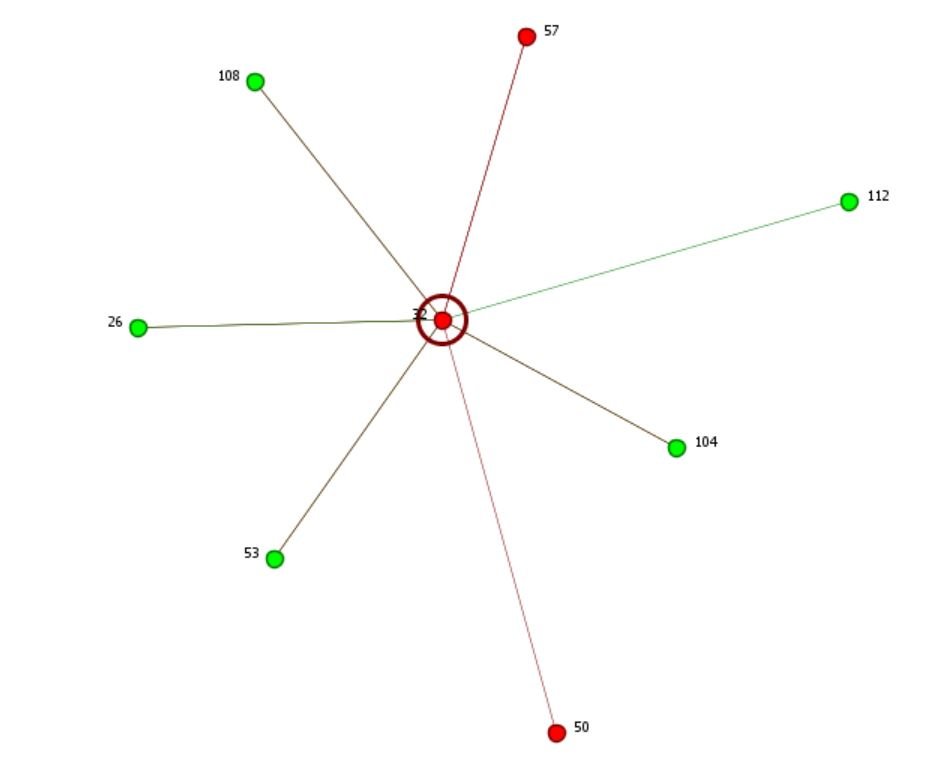The Social Nature of Instructional Change - The Case of Engineering Unleashed Faculty Development (EUFD) Workshops
Since 2019 the Kern Entrepreneurial Engineering Network (KEEN) has been offering professional development workshops to engineering (and adjacent) faculty to support the development of entrepreneurial mindset in the faculty participants and their students (Engineering Unleashed Faculty Development workshops - EUFD).
Connection is one of the primary features of EUFD workshops, which were intentionally designed to foster engagement between participants and facilitators/coaches and among participants themselves. Using community as a change mechanism is well-supported by the literature with examples including Communities of Practice (Cross 2021) and models such as Making Academic Change Happen (MACH).
In this project, surveys and interviews of EUFD participants will help better understand the role of connection and community in their workshop experience and subsequent implementation of workshop learning objectives.
Our research questions are:
How do the EUFD workshops establish a community of practice for fostering an entrepreneurial mindset in participants and their students?
What are the characteristics of the informal social structures formed during EUFD workshops?
In what ways do those structures facilitate or hinder implementation of Entrepreneurially Minded Learning (EML) innovations?
Presented at the 2023 American Society for Engineering Education Conference
Hannah Corbin, Noor Aulakh, Alex Herrman, Conor Peterson, Shahir Shariful Mollah, Darby Riley, Kaitlin Mallouk
The results of this study indicate that, in instances where students perceived that their instructors implemented collaborative learning more often, a student’s social network became more densely interconnected. Additionally, the number of friends a student chooses to work with is positively correlated to how often said student works or studies in a group setting. We also found a correlation between social connectedness within a department and the competitiveness of the department. These findings can be used to inform instructor’s pedagogical approaches and provide additional support for the benefits of collaborative learning.
Social Network Analysis
This research study aimed to answer the questions: 1) how does a mechanical engineering student’s first-year living situation affect their social connectedness within their major/year, and 2) do engineering students tend to work with other students of the same gender or the opposite? We used a survey pre-populated with the names of all of the Mechanical Engineering seniors and asked participants to identify who they knew, how well they knew them, and in what ways they worked together. We also asked participants their gender identity and their first year living situation (Engineering Learning Community (ELC), other dorm, commuter).
Our results showed that students who were in the ELC as first-years had networks that were made up of an average of 46.36% ELC students. Only 19% of students were participants in the ELC; therefore, it can be concluded that the ELC is effective in creating close interpersonal relationships between program participants. These relationships are also found to be long lasting, having persisted through four years of college.
Additionally, on average each mechanical engineering student’s personal network is composed of 12.12% female students (the fraction expected due to a given person having no preference in the gender of who they connect with). In contrast, the networks of female students were found to consist of a much larger portion of female students; on average female students had ego networks made up of 37.35% female students.


